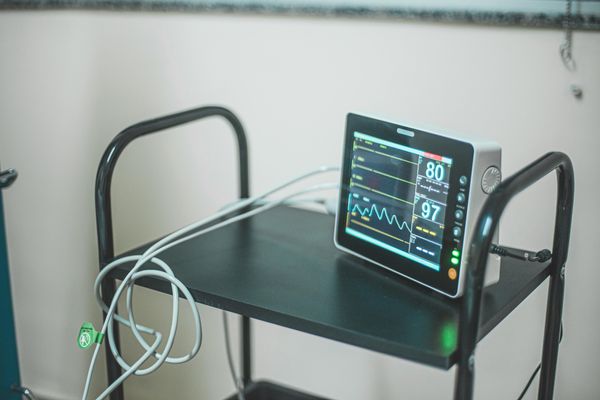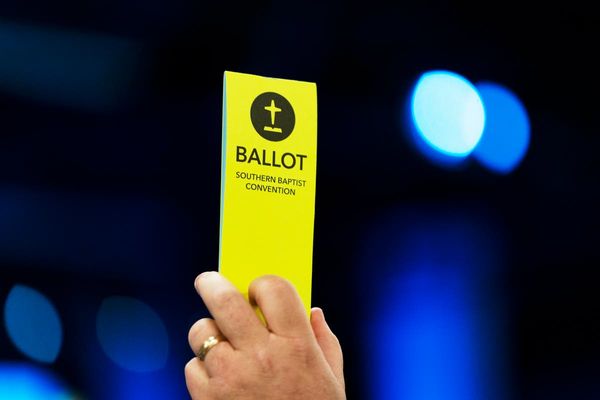
GCSEs in Italian and Polish are to be assessed digitally in England from 2026, with plans to move at least one large-entry subject such as English to partial digital assessment by the end of the decade, a major exam board has announced.
England’s largest exam provider, AQA, said that subject to regulatory approval, the reading and listening components of the two language GCSEs would be examined through digital assessment for the first time.
Momentum is growing for a shift away from traditional pen-and-paper exams. Earlier this month the government said it would consider adopting digital exams for its new Advanced British Standard qualification, which is intended to replace A-levels.
Some boards, including AQA, already use on-screen assessment for a small number of subjects such as computer science, but it is the first time any exam board has set out a timetable for moving a high-volume GCSE subject to digital assessment.
AQA says it will introduce further components in other subjects at GCSE and A-level for digital assessment in the coming years, leading to partial digital assessment in at least one of the large-entry subjects in 2030.
GCSE Italian and Polish were chosen in the first instance because entry numbers are small and the reading and listening elements lend themselves to digital assessment. In 2023, 7,000 students sat GCSE Polish with AQA, while 3,000 students sat Italian.
AQA says paperless exams are truer to the digital world with which young people are familiar, are better for the environment, can help students with special educational needs, and eliminate worries about handwriting bias.
One of the key concerns about digital assessment, however, is its vulnerability to cheating. AQA says students’ devices will be offline in the exam hall so they are unable to search for information on the internet or access artificial intelligence tools.
A report by AQA, Making It Click: the case for digital exams in England, says the move to paperless exams should be evolutionary rather than revolutionary. The first digital assessments will mainly replicate existing paper exams on screen, but there is potential for more innovative and interactive assessment.
Colin Hughes, AQA’s chief executive, said: “We cannot and should not change the way we conduct exams overnight. Our ambition is that students will sit a large-entry subject – that means, in our case, hundreds of thousands of simultaneous exams – digitally by 2030. In the meantime, we’ll continue to talk to teachers, school leaders and exams officers about how they want to make these changes. The benefits are substantial.”
Tom Middlehurst, curriculum, assessment and inspection specialist at the Association of School and College Leaders, said: “While a digital approach has many benefits, it is imperative that it comes with proper investment in educational technology that ensures all students are given equal access to the devices they will use in exams. Otherwise this approach risks favouring students who have greater access to technology at home and could inadvertently increase the disadvantage gap.”
A spokesperson for England’s exam regulator, Ofqual, said: “Ofqual requires that any GCSE or A level component moving on-screen will be subject to regulatory scrutiny before it can be launched. This is how, as regulator, we will protect the interests of students and uphold public confidence in regulated examinations.
“To be clear, handwritten responses will remain an essential part of regulated qualifications for the foreseeable future.”
The chief regulator, Jo Saxton, told an educational conference earlier this year: “Just about anything is possible, but the more pressing and central question is: ‘What is fair – and fair for the nation as a whole – and what is safe and genuinely deliverable?’ It’s our job at Ofqual to set those guardrails.”







